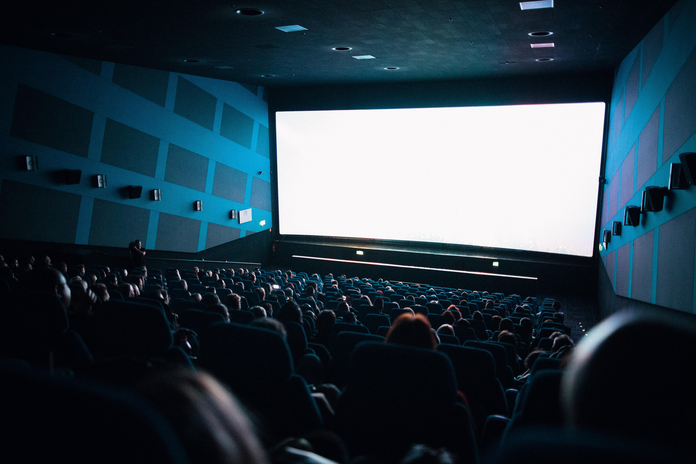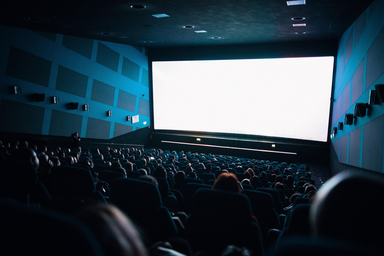If you’re anything like me, you’ve been patiently waiting (a long, long time) for the latest instalment of James Bond to arrive on the big screen. After much disappointment and delay, I finally made it to the cinema on the opening weekend to experience Daniel Craig’s final stint as 007, and it was an absolute masterpiece.
From charming southern Italian villages to spectacular coastal Norway, intriguing new characters and an unusual emotional side of Bond, ‘No Time to Die’ whisks us away on a glamorous cinematic tour whilst also paying homage to the timeless attributes of a 007 movie; fast cars wicked villains and effortless sophistication.
The burning question now on everyone’s minds is who will be the next to step into Daniel Craig’s shoes? Although producers claim to have not even thought about the future of Bond yet, internet rumours have skyrocketed. Whilst many people argue that this is the perfect opportunity for the franchise to make some modern changes to James Bond’s image, such as casting a woman, others are adamant that Bond should continue to be a male character. From a feminist perspective, each argument establishes some valid points.
After nearly 60 years running, the Bond franchise needs to remain current and fresh with its audience. One way this can be done is to lead the character in a different direction by casting a woman. If they want to hold on to their beloved, long-standing fanbase, avoiding the risk of James Bond becoming an outdated, clichéd and boring character is absolutely essential.
After all, the introduction of exciting new characters and the remodelling of original characters, such as agent ‘M’ becoming a woman after previously being depicted by men, has always gone down well amongst critics and audiences, so what’s to say the lead shouldn’t be given to a woman.
It’s no lie that Bond movies have had a slightly problematic past in terms of female representation. The widely-used term ‘Bond girl’ describes a female counterpart to James Bond, who is nearly always defined by their sexual appeal and appearance – especially in the ’60s and ’70s movies. I mean, the phrase literally denies the women a name and instead labels them as solely a relation to James Bond.
Some fans argue that we should move past this antiquated era of Bond and honour females, rather than portraying them as mere background characters. Having said this, female roles have improved over recent years, with the likes of Madeleine Swann (intelligent psychologist / Bond’s lover) and Nomi (the badass, stylish secret agent who carries the new 007 title) being introduced as vital characters with strong, smart and determined qualities.
Whilst keeping in touch with contemporary values in the film industry is important for some, others argue, in James Bond’s case, tradition and timelessness must be preserved and prioritised. What fans admire about James Bond is the ritualistic inclusion of the familiar; dramatic theme songs, legendary opening credits, smart cars, plotting villains, guns, violence and especially James Bond himself – a true British icon. He was created by Ian Fleming as a male character and should remain that way in the movies, following tradition and almost treating the franchise as if it’s a historical asset.
However, this doesn’t mean that Bond movies have to be male-orientated and old-fashioned. As we’ve seen before, female characters can be given powerful roles and bring a sense of rejuvenation and energy to the films, whilst also sticking true to the deep-rooted traditions that form the essence of the story.
There’s no doubt that many actresses would make a killer 007. The likes of Jodie Comer, Lupita Nyong’o, Cate Blanchett and Gal Gadot have all been recognised as worthy candidates. But is this truly the right path to take if we want to improve female representation and depiction in films? According to Barbara Broccoli (powerful businesswoman and Bond franchise owner), it’s not.
In an interview with Variety, she stated that she’s “not particularly interested in taking a male character and having a woman play it. I think women are far more interesting than that”, and she has a point – why should women be given the scraps of a pre-existing character when so many new and interesting roles can be made specifically for women? Daniel Craig himself has also questioned the notion of Bond becoming a woman, asking “why should a woman play James Bond when there should be a part just as good as James Bond, but for a woman?”
In a time when the media plays such a huge role in the empowerment of women, it’s essential that the film industry provide them with the platform to portray strong, independent and powerful characters with their own personalities and ambitions.
Despite all the calls for James Bond to become the opposite sex, I think it’s safe to say that it’s very unlikely, as expressed by top producers involved in the Bond universe. Though it would make for a striking statement to have a female Bond, it’s also extremely problematic and comes with its issues. We need to create female characters rather than hand them old roles originally intended for men.
Improvements in recent years allow for an optimistic future for the franchise, and we should celebrate these legendary films for what they are – elegantly written, gorgeously shot, action-packed cinematic experiences that do indeed give powerful women a stage and a voice.
Words by: Tilly Milsome
Edited by: Emma Critchley

